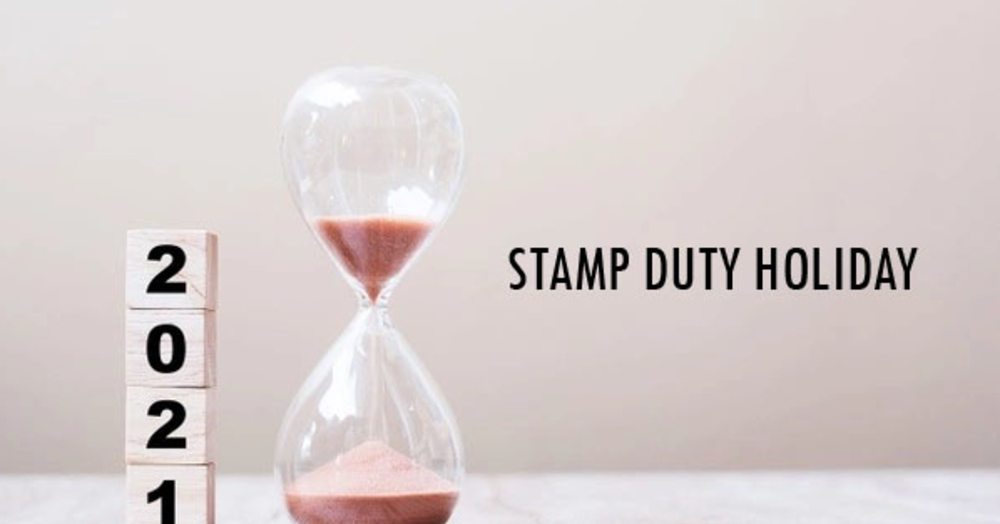
Stamp duty changes are coming – are you ready?
- £0-£125,000 = 0%
- £125,001-£250,000 = 2%
- £250,001-£925,000 = 5%
- £925,000-£1,500,000 = 10%
- £1,500,000+ = 12%
Renting a home is an important step, whether you are moving for work, relocating locally, or simply looking for a space that better suits your lifestyle. While the process should feel exciting, it can often feel rushed or confusing if expectations are unclear.
New Year, fresh goals, if moving home by spring 2026 is on your list, now’s the moment to plan. Understand how long properties took to go under offer and complete in 2025, and the key steps you need to hit your timeline. Read on to map out your best move ever.
Buying a home is exciting, but it can also be overwhelming. Between searching for the right property, arranging viewings, handling offers, and navigating the legal process, it is easy for the experience to feel stressful, especially if you are busy with work, family, or other commitments.
Selling your home should feel like a positive step forward, not something that adds pressure to an already busy life. For many homeowners, the challenge isn’t deciding to move, but finding the time and headspace to manage everything that comes with it.